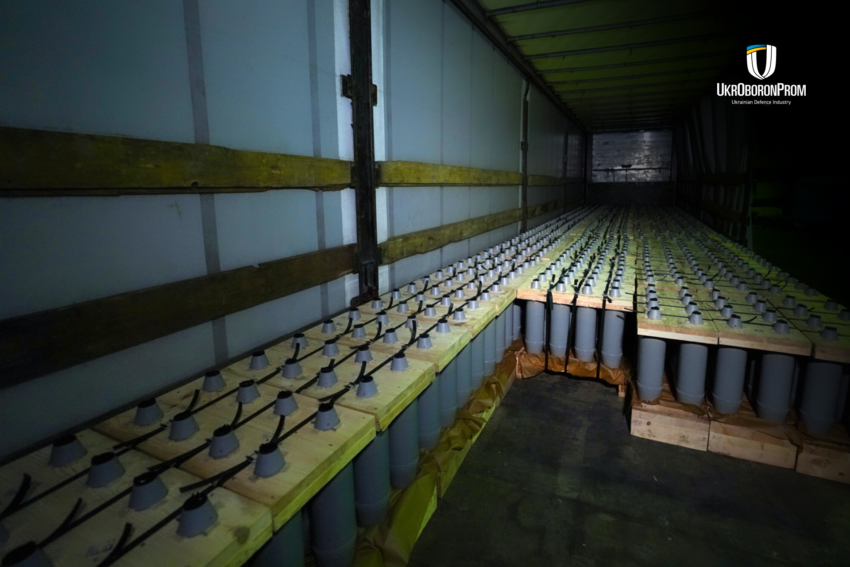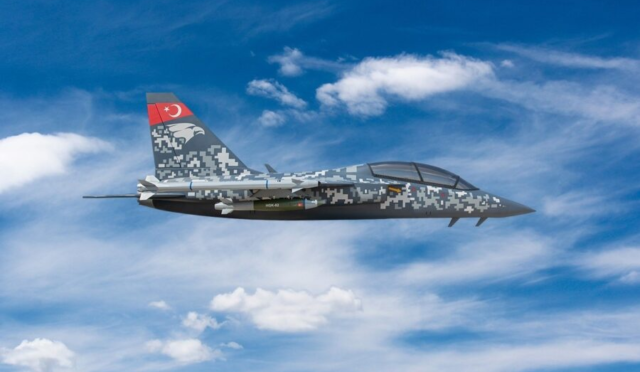Ukrainian Armor Ammunition Production: Challenges Ahead
**Ukrainian Armor LLC’s CEO, Vladyslav Belbas, has highlighted the serious impact of excessive bureaucracy within the Ukrainian Ministry of Defense on the production of NATO-standard ammunition. He voiced these concerns during an appearance on the “Daily Military Summary” program, where he described the current bidding processes for artillery ammunition as painfully slow. Belbas directly linked the delays to inefficiencies within the Ministry, stating, “Unfortunately, the bureaucratic system created here does not allow for the continuous improvement of production.” His remarks underscore the need for long-term contracts and effective financing mechanisms to bolster the independent expansion of private producers’ capabilities.
Belbas further emphasized the urgency of this situation as he discussed the UK’s AS-90 artillery and 155mm ammunition sent to Ukraine. He asserted, “Increasing production and entering into long-term contracts is not merely a matter of enthusiasm for the producers; it is crucial because we are facing an ammunition shortage on the battlefield.” This statement points to the critical need for stable financial frameworks that would enable private entities like Ukrainian Armor to establish new production facilities and scale up output without depending solely on government investments.
Ambitions for NATO-Standard Ammunition Production
Looking ahead, Belbas has stated that Ukrainian Armor aims to specialize in the production of NATO-caliber artillery ammunition by 2025. This objective reflects a broader ambition of the Ukrainian defense sector to adapt more closely to Western standards, which are critical for future military collaboration and effectiveness on the battlefield. His vision aligns with concerns raised by other industry leaders, such as Armin Papperger, CEO of the German defense firm Rheinmetall.
Papperger recently spoke about the efficiency of Germany’s defense production processes in an interview with Deutsche Welle, where he noted, “We are building factories faster in Germany than in Ukraine.” He highlighted the significant reduction in bureaucratic barriers in Germany, allowing for swift approval of new defense projects, including Europe’s largest ammunition factory in Lower Saxony. This contrast between Germany’s brisk pace and Ukraine’s sluggish bureaucratic hurdles emphasizes the critical need for reform in Ukrainian defense production to meet imminent demands.
The Impact of Bureaucratic Delays on Defense Capabilities
The challenges facing Ukrainian Armor are not just administrative; they pose real risks to the country’s defense capabilities. As Belbas pointed out, without a streamlined approval process and robust financial support, the ability of private defense companies to expand and innovate is severely hampered. He emphasized that overcoming these obstacles is vital for Ukraine’s military readiness as it continues to deal with ongoing conflicts.
In addition, the importance of timely production and delivery of ammunition has never been clearer. Following Belbas’s statements, reports indicated that a surface-launched miniature bomb capable of reaching 1000 kilometers is once again being sent to Ukraine. Such advancements are critical, but they must be complemented by a responsive and efficient production environment to ensure that the army can adequately equip itself for the challenges it faces.







